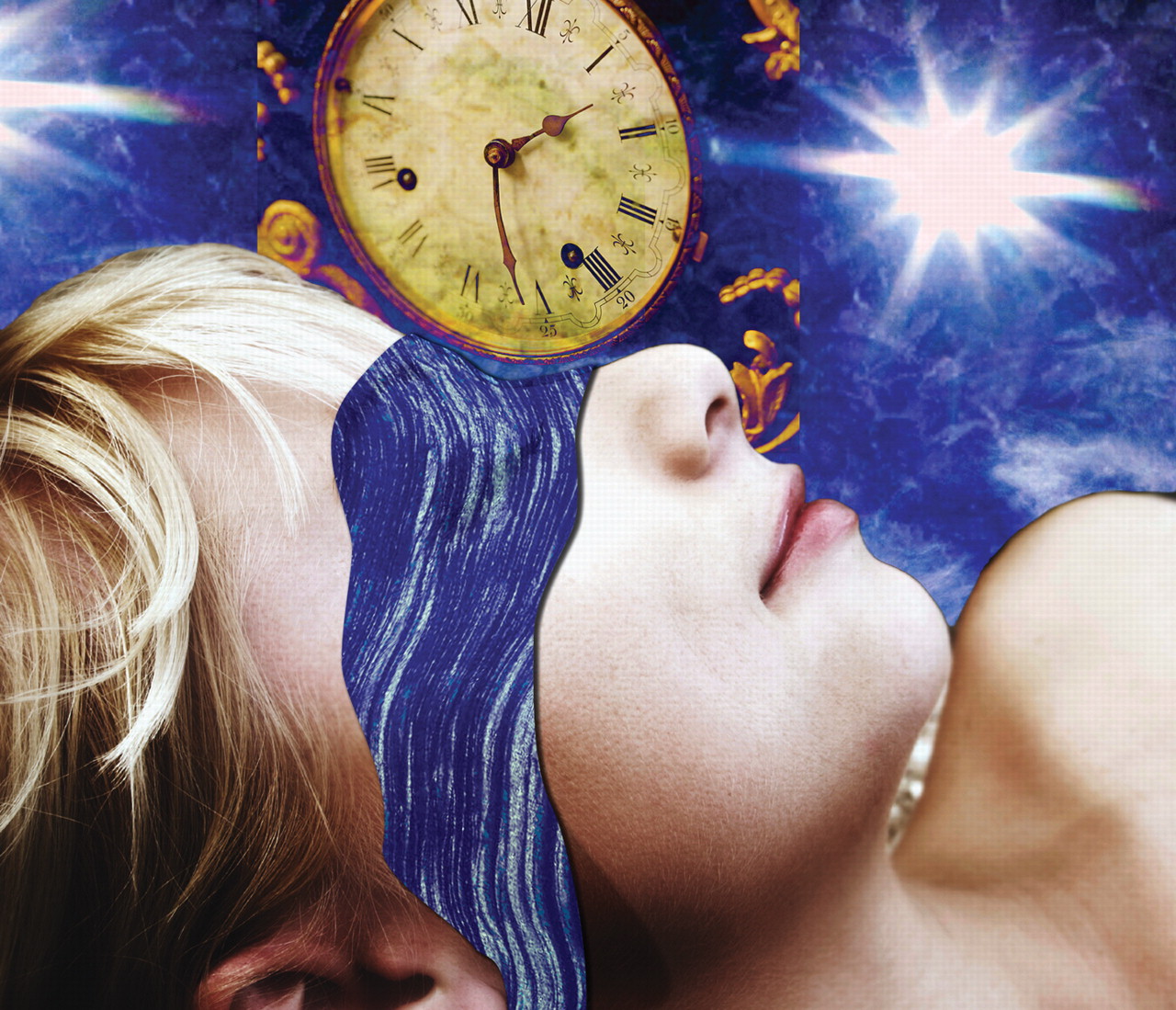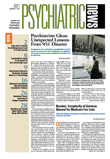Totally blind people—those who cannot perceive light—often report difficulty falling asleep and staying asleep, as well as fatigue, poor concentration, and irritability while awake.
More than half of these individuals, an estimated 50,000 to 100,000 people in the United States alone, may have a potentially correctable circadian-rhythm sleep disorder, sleep specialists say.
Exogenous melatonin is the treatment of choice for blind people with non-24-hour sleep-wake disorder,” said robert Sack, M.D., a professor of psychiatry at Oregon Health and Science University (OHSU) in Portland.
Sack chaired a symposium on using melatonin in the blind at the annual meeting of the associated Professional Sleep Societies (APSS) in Salt Lake City, Utah, in June. He and other speakers recently discussed their research with Psychiatric News.
The high prevalence of sleep problems in the blind underscores the importance of light in regulating circadian rhythms in the sighted, Sack said. In sighted people, sunlight signals travel from the eyes to the body's master biological clock in the hypothalamus over a pathway distinct from that for vision. Shifting levels of light across the day entrain, or synchronize, the sleep-wake cycle, endogenous melatonin release, and other biological rhythms with the earth's day/night cycle.
Most people, sighted and blind, have innate daily cycles of 24-25 hours, noted Alfred Lewy, M.D., professor and senior vice chair of psychiatry at OHSU.
In sighted people, daily exposure to sunlight automatically resets cycle length to the world's 24-hour day. More than half of totally blind people have a 24.5-hour circadian cycle, Lewy said. They commonly drift later and later around the real time clock, a phenomenon known as“ free-running.”
Even if they try to sleep at regular times, they typically sleep well only a few days a month, when their internal clocks fall in sync with preferred schedules. At other times, they sleep poorly and feel drowsy while awake. Some experience depressive symptoms.
Daily oral doses of melatonin can entrain these blind free-runners, researchers at the University of Surrey in the United Kingdom reported in January 2000 in the Journal of Endocrinology.
Lewy's group suggests doses of about 0.02-0.3 mg/day, approximating physiological secretion, usually taken in the late afternoon or early evening, may be most effective. They published a dose-response curve for use of exogenous melatonin in the physiological range in totally blind people in Chronobiology International in December 2005.
Jonathan Emens, M.D., an assistant professor of psychiatry at OHSU, working with Lewy and others, reported at the APSS meeting that his group had shown for the first time that exogenous melatonin also can entrain blind free-runners with periods less than 24 hours. The researchers helped a blind 41-year-old woman and a blind 9-year-old girl stop drifting earlier around the clock. (The long-term safety of giving melatonin to prepubertal children has not been established.)
Melatonin also may help blind people with 24-hour rhythms that persistently run early or late, disrupting work and social life, Emens said. Melatonin shifts biological rhythms earlier or later depending on when it is taken.
Findings from research in the blind, he suggested, may be applicable to shift work, jet travel, and other circadian sleep disorders.
Determining the optimal dose and timing of melatonin administration for the individual user is a key focus of ongoing research, said Debra Skene, Ph.D., a professor of neuroendocrinology at the School of Biomedical and Molecular Sciences, University of Surrey in Guildford, Surrey, United Kingdom. An individual's response to melatonin depends on both clock time and circadian time, she said, and on how long the person takes it.
Individual circadian cycle length also may affect treatment outcome, Skene said. People with an innate period longer than 24.5 hours seem to have more trouble entraining than those with shorter cycles. Different formulations of melatonin, including fast release, sustained release, and controlled release, may have different effects.
Before treatment starts, every patient needs a correct diagnosis, said Steven Lockley, Ph.D., an assistant professor of medicine at Harvard Medical School.
“I know of blind people with non-24-hour sleep-wake disorder who have been given hypnotics to use at night and stimulants to use in the day because their physicians did not recognize the cyclic nature of their disorder,” he said.
An estimated 1 in 4 totally blind people can entrain to 24-hour rhythms using nonphotic time cues in their environment, Lockley noted. These cues include regular times for sleep, meals, exercise, work, social relationships, caffeine, and medications. Some blind people with no conscious light perception still may have light-sensitive cells in the retina that enable entrainment.
Blind people able to perceive any light are unlikely to have a circadian rhythm sleep disorder, he said. However, visually impaired people overall have higher rates of sleep disorders than people with normal vision.
Asking a patient to keep a sleep diary or wear a wrist activity monitor for at least two months probably will reveal a cyclic sleep-wake disorder if one exists, he said. Collection of urine samples every four to eight hours for 48 hours every two weeks for two months to assess melatonin or cortisol rhythms can help make a definitive diagnosis and aid a decision about appropriate treatment timing. These noninvasive, relatively inexpensive measures, he said, are practical in primary care practice.
Melatonin may improve sleep regardless of circadian entrainment, he added, but correcting an underlying circadian disorder, if one is present, can improve daytime performance, alertness, and overall quality of life.▪

